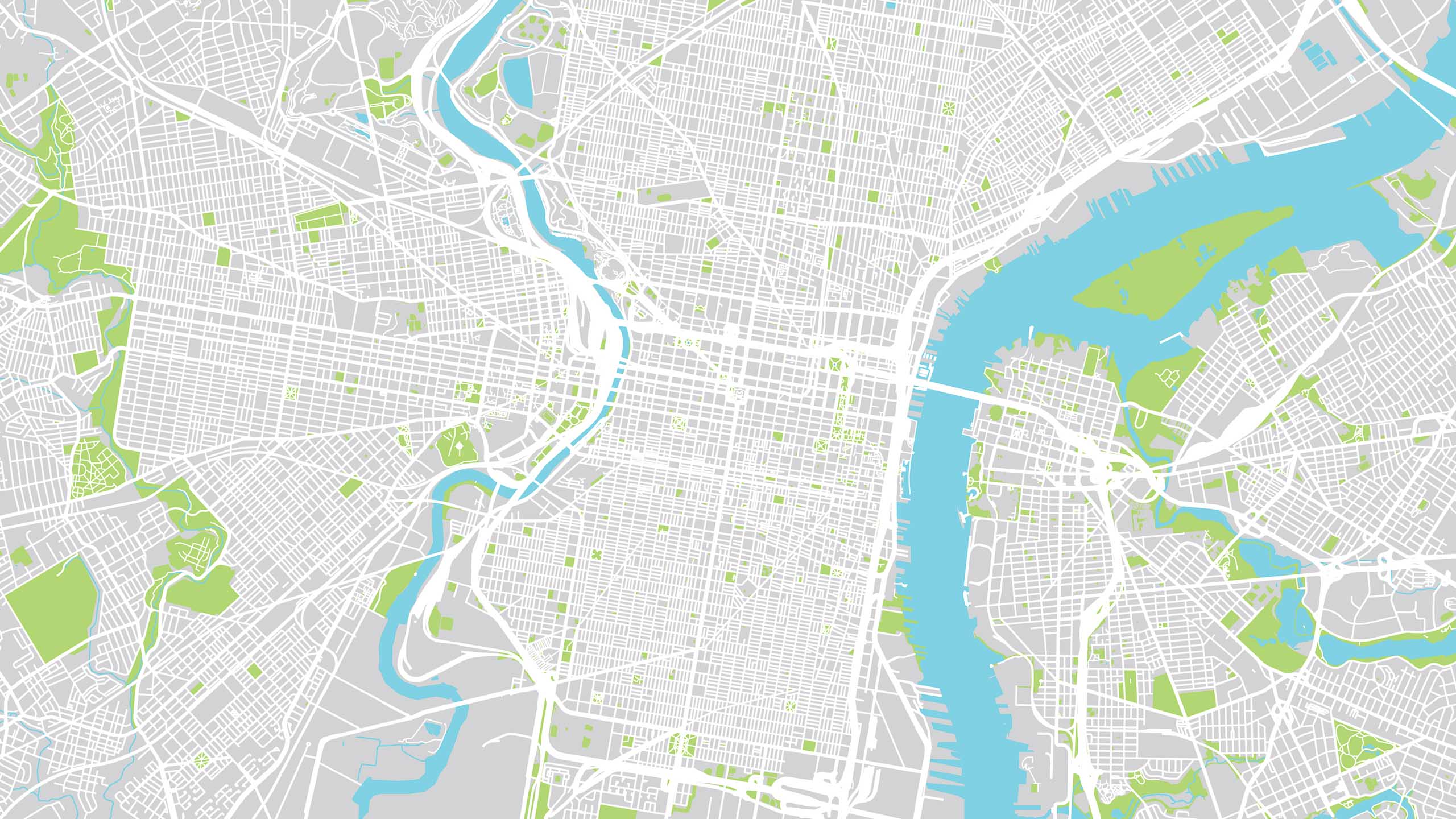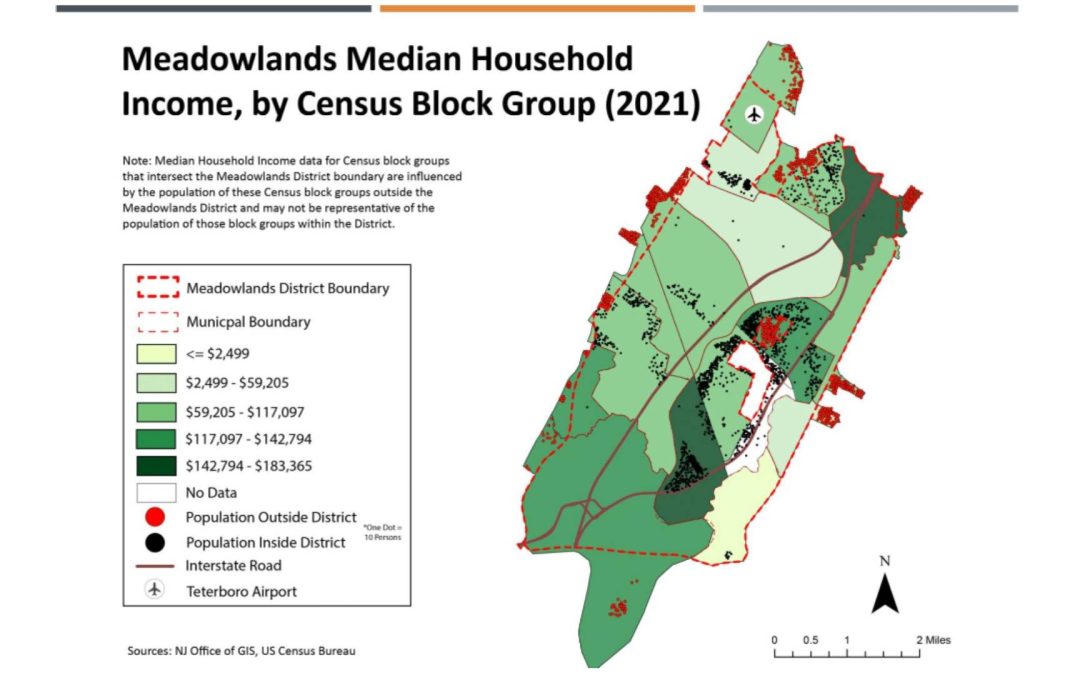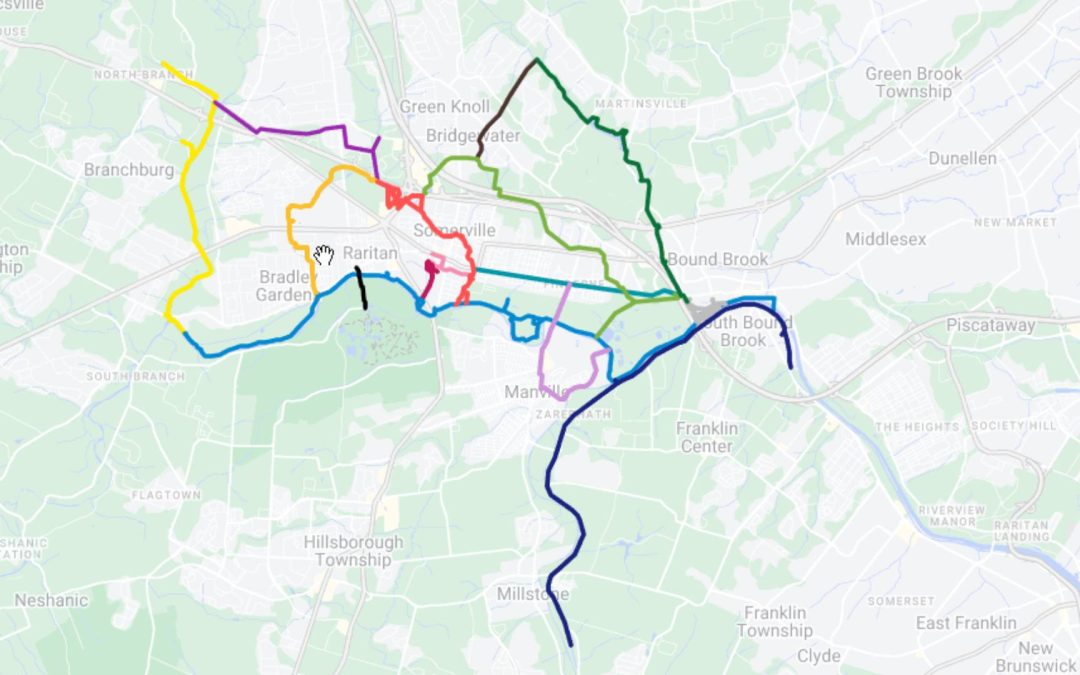Graduate Program
Urban Planning and Policy Development
Founded in 1967, the now STEM-designated Urban Planning and Policy Development (UPPD) program educates innovative people who wish to combine social concerns with analytic skills. While planners work on a wide range of problems, they also are likely to focus on a particular issue or specialization in building individual careers, concentrating their professional expertise. For this reason the trained planner is often called “a generalist with a specialty.” That phrase is more than just a cliché. It suggests that a useful curriculum will contain a productive application of faculty disciplines and other program resources. It defines the approach to graduate study in urban planning and policy development here at Rutgers.
Planning is future-oriented and comprehensive. It seeks to link knowledge and action in ways that improve the quality of public and private development decisions affecting people and places. Because of its future orientation, planning embraces visionary and utopian thinking, yet also recognizes that the implementation of plans requires the reconciliation of present realities to future states. To become effective and ethical practitioners, students must develop a comprehensive understanding of cities and regions, and of the theory and practice of planning. They must also be able to use a variety of analytic methods in their practice. They must become sensitive to the ways in which planning affects individual and community values, and must be aware of their own roles in this process.
Request More Information
No form? click here
Urban Planning Faculty
Program Faculty
Emeritus Faculty
Affiliated Faculty
Part-Time Lecturers & Instructors
Degree Programs
To achieve our mission, the Program offers focused studies in: Housing and Community Development; Urban Development/Redevelopment and Design; Environmental, Human Health, and Land Use Planning; International Development; Transportation Policy and Planning; and Urban Informatics, while also allowing students to design an individualized course of study aligned with their substantive interests, values, and professional aspirations.
Areas of Concentration
The program offers six areas of concentration that allow students to specialize in one or more fields of planning, in addition to taking the required core courses. These concentrations are intended to help students develop a program of study that will help them fulfill their individual career goals.
Certificates
Certificates are groupings of five or so courses offered by key, multiple departments that if taken, indicate that the student has developed cross-disciplinary expertise in a particular subject area. View each certificate to learn more about the eligibility criteria.
Our Mission
The mission of the UPPD Program at the Edward J. Bloustein School of Planning and Public Policy is to educate planning students through the practice and advancement of teaching, research, and public service. As part of a public university with deep connections to our locality, the region, and across the globe, the Program provides students with the conceptual foundations, technical skills, and communicative abilities needed to engage collaboratively with diverse publics, expand opportunity, reduce social inequality, prepare for professional employment in the public, private, and nonprofit sectors, and plan for the public good.
To achieve our mission, the Program offers focused studies in: Housing and Community Development; Urban Development/Redevelopment and Design; Environmental, Human Health, and Land Use Planning; International Development; Transportation Policy and Planning; and Urban Informatics, while also allowing students to design an individualized course of study aligned with their substantive interests, values, and professional aspirations.
Learning Goals
Intellectual and Communication Skills
- Visionary and Utopian Thinking
Students will demonstrate proficiency in future-oriented analysis, design, planning and policy development that serve to improve the quality of life, within their coursework and studio projects. - Communication
Students will demonstrate a proficiency in written, oral, and graphic methods of communication in a variety of settings through their studio experiences and exhibit an ability to adjust method to setting and audience. - Mathematical Reasoning and Analysis
Students will demonstrate an ability to apply statistical and/or computational modeling perspectives in the analysis and understanding of planning and policy development. - Understanding Community Values
Students will demonstrate an ability to elicit and respectfully characterize community values within their coursework and studio projects. - Information and Computer Literacy
Students will demonstrate proficiency in conducting literature reviews, collecting primary data, retrieving secondary data, analyzing data using a variety of software packages, and reporting the findings in ways that facilitate dissemination.
Professional Development & Ethics
Students will demonstrate an ability to integrate and apply theory, methods, empirical evidence, and conceptual thinking in the development of planning-directed studio experiences in which students “work for” clients. Students are required to prepare memos, prospectuses, visual materials and final reports for clients and to present their products in formal presentations. Students will demonstrate competency in professional conduct and ethics in their interactions with faculty, students, and clients, and in their use of data.
By the Numbers
Graduate U.S. Urban Planning Program
Planetizen
2023
%
Employed or Pursuing Higher Education
Six months post-graduation
Class of 2022
Average Salary
Class of 2022
























